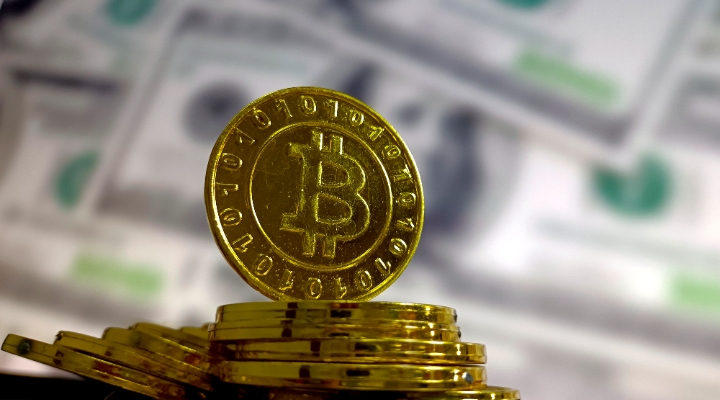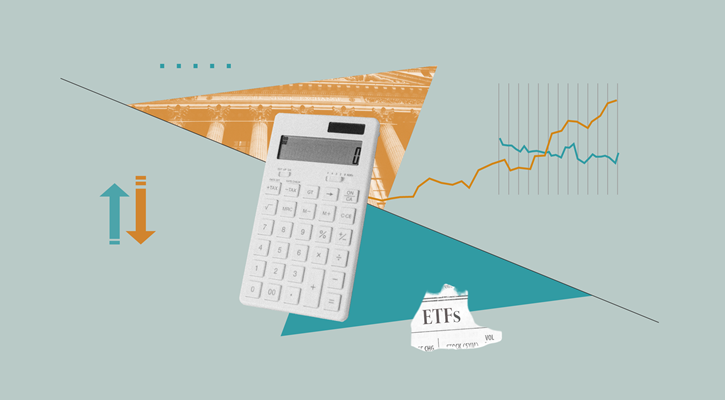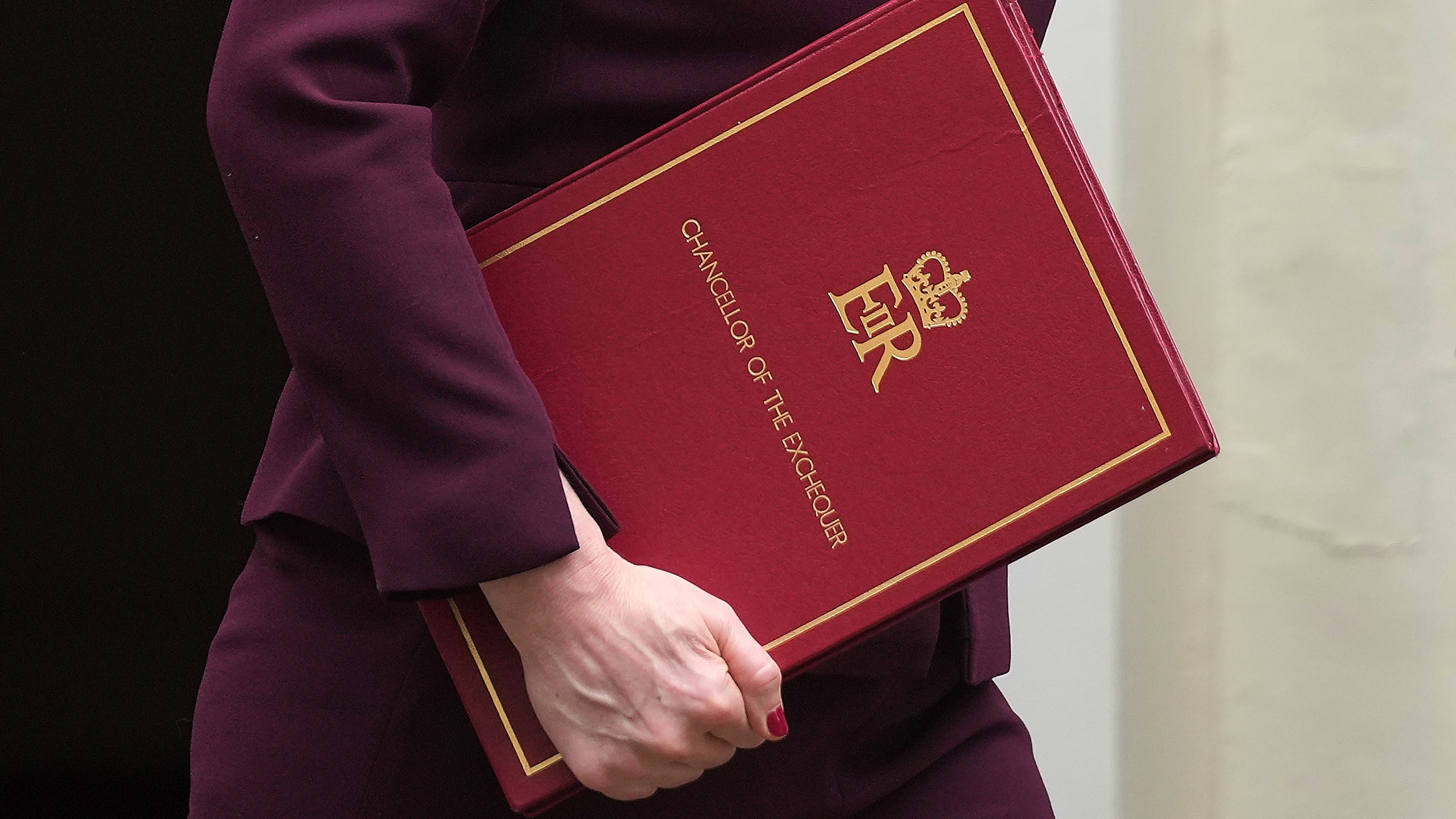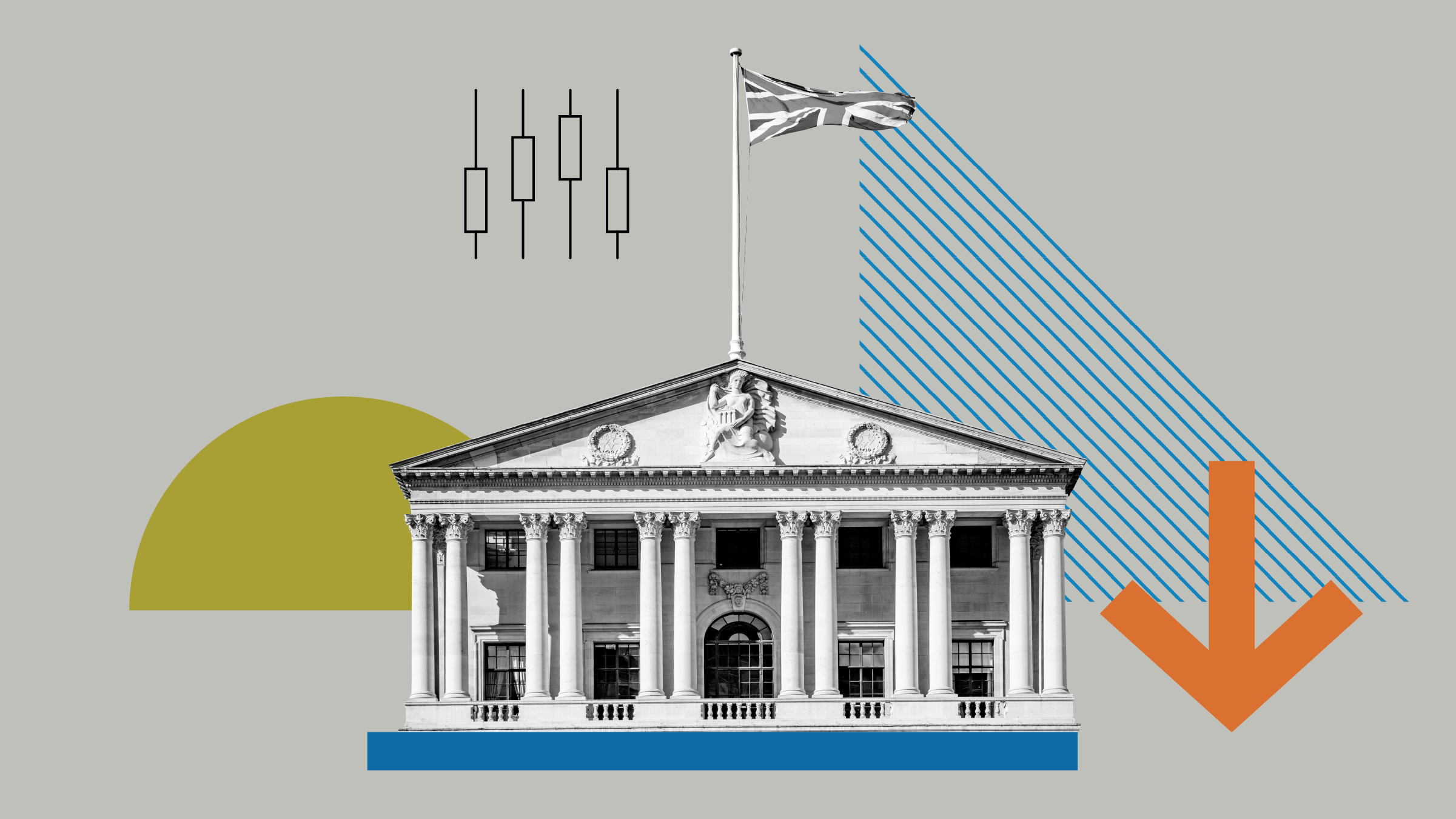
Thanks to the Trump election victory, bitcoin fever is back.
The price of the cryptocurrency has hit a record high in recent days of USD 92,000 (£71,000), a more than 100% gain since the start of the year. This is linked to expectations that the new president is “crypto friendly”.
It could be argued that the ground was laid for this boom when in January 2024 the US Securities & Exchange Commission (SEC) approved the sale of exchange-traded funds (ETFs) linked to the spot price of Bitcoin in the U.S.
It was a move that topped off years of wrangling over how viable cryptocurrency investing actually is and whether bitcoin is a security like stocks and can be regulated in a similar way. The FTX scandal, which saw founder Sam Bankman-Fried jailed for fraud, seemed to be a backward step for the mainstream adoption of the cryptocurrency, which has produced staggering returns for early adopters.
But can UK investors get involved too? See our FAQ below for more information.
Can I Buy The New US Spot Bitcoin ETFs in the UK?
The short answer to this question is still no.
Though fans of cryptocurrency may see this latest U.S. news as a landmark step, U.K. counterparts may be waiting some time before similar developments here.
At the time of the SEC green light, AJ Bell’s head of investment analysis Laith Khalaf said anyone trying to make the case to the Financial Conduct Authority (FCA) that things have changed may well have a difficult time.
“Even with the SEC approval, it isn’t a slam dunk that we will get one over here because the UK regulator may not approve their sale,” he says.
“U.S. ETFs are not available for sale in the UK because they don’t issue a Key Investor Document, so fund groups would need to launch funds specifically for the European or UK market. In 2021 the FCA banned the sale of exchange-traded notes containing ‘unregulated transferable cryptoassets’. These contained really complex whizzy derivatives and financial engineering to gain exposure to the asset class.
“At the time [the FCA said] crypto had no inherent value, was wildly volatile, rife with financial crime, and didn’t fulfil a financial planning need for investors. It’s difficult to make a case that any of that has changed.”
The FCA’s position, at least publicly, hasn’t changed since January, and there is no sign that the new Labour government is more crypto-friendly than the last.
Why Can Europeans Invest in Crypto ETFs and I Can’t?
The simple answer is the rules differ in each country.
Countries like Switzerland, Germany and France have a more advanced regulatory framework for crypto adoption. In 2023 the first European Bitcoin spot ETF listed in Amsterdam. The U.K. regulator has taken a decidedly more cautious approach.
Will UK Cryptocurrency Regulation Change Now?
The FCA has resisted both consumer and political pressure since bitcoin went mainstream. It has been praised in some quarters for maintaining a consistent “no” to regulated retail crypto, a stance that appeared to be vindicated in the “crypto winter” of 2022, when prices plunged and scandals multiplied. The FCA approach has no doubt reduced the number of victims of crypto scams but hasn’t stopped the clamor for it to relax its stance.
The previous government flirted with the idea of turning the UK into a “crypto hub” and the launch of a “Britcoin” backed by the Bank of England.
The FCA has held firm, insisting that investing in crypto could see people lose all of their money, and warning continually of illegal promotions and scams likely to trap the crypto-curious.
Khalaf argued that the regulator is walking a tightrope on this issue.
“The UK regulatory landscape is shifting, with crypto activities being brought under the supervision of the FCA, so this may pave the way for crypto ETFs at some point in the future,” he said in January.
“If or when that might happen is anyone’s guess. The FCA is walking a bit of a tightrope here between keeping consumers safe and the government’s ambition to make the UK a global hub for cryptoasset technologies. Bitcoin has endured a number of scandals and huge price volatility, but large investment groups are clearly still interested in packaging it into a tradeable product for punters.
“This is presumably because there would be large consumer demand for Bitcoin ETFs, but sometimes you should be careful what you wish for. It’s hard to make a case that crypto fulfils a genuine financial planning need that can’t be met by other assets, but it definitely does open up investors to the possibility of very heavy losses.”
How Can I Get Exposure to Bitcoin?
Even if you cannot yet buy a bitcoin spot ETF in the manner now approved by the SEC, there are a number of ways to get exposure to Bitcoin and other cryptocurrencies.
This article does not constitute advice to attempt to do so, and readers are reminded they do so at their own risk, and may incur substantial – if not comprehensive – losses.
One option is to buy Bitcoin itself from an FCA-regulated trading platform. U.S.-listed Coinbase COIN has a Morningstar Stock Rating, offers direct exposure to crypto, but also equity exposure via its shares, which are up 95% in the year to date.
For those feeling somewhat more cautious, you can gain exposure to cryptocurrencies by buying the shares of companies themselves involved or exposed to cryptocurrency mining. Nvidia (NVDA) is one example, but payment companies like Paypal (PYPL) and Block (SQ) would be others.
What’s The Difference Between a Bitcoin ETF and a Bitcoin Spot ETF?
If you want to understand how cryptocurrency investing works, it’s important to know the difference between products directly linked to cryptocurrency prices, and those with a more secondary exposure.
That is essentially the difference between spot price ETFs and broader exchange-traded products exposed to cryptocurrency.
“The primary difference between a spot ETF and other crypto ETFs is in the assets they hold and how they attract their value,” says Monika Calay, director of passive research strategies at Morningstar.
“A spot ETF like the recently-approved spot Bitcoin ETF primarily holds the actual cryptocurrency itself such as Bitcoin. It physically owns and stores Bitcoin, and the ETF’s value is directly tied to the real-time price of Bitcoin.
“When you invest in a Bitcoin spot ETF you’re essentially owning a share of the cryptocurrency itself, and its performance closely mirrors the price of that cryptocurrency – minus fees and costs.”
But that’s not the only way of doing it. Other ETFs will invest in cryptocurrency-related instruments, such as futures, contracts, futures, options, or shares of companies related to the cryptocurrency industry.
“Compared to these structures, spot Bitcoin ETFs are an immediate improvement in purity of Bitcoin exposure,” Calay says.
Is Cryptocurrency Investing Any Safer?
Not really. Getting exposure, even indirectly, to a risky asset, is still risky.
Dan Kemp, chief research and investment officer for Morningstar, says the investing rationale still hasn’t changed despite the massive price rise. Bitcoin etc are still tools of pure speculation rather than investments in themselves, ones to hold for the longer term and produce a predictable cash flow.
“The dramatic change in price underscores the difficulty of estimating the fair value of an asset that is primarily a vehicle for speculation,” he says.
“As an investor, it is always worth considering what value you would ascribe to an asset if you could not sell it and had to own it for an extended period. This is fairly straight forward for conventional investments as a company could continue to operate and produce cash flow for its owners, bonds could continue to pay interest and a property could generate rent.”
The author or authors do not own shares in any securities mentioned in this article. Find out about Morningstar's editorial policies.



























